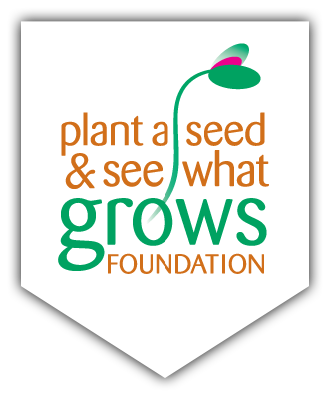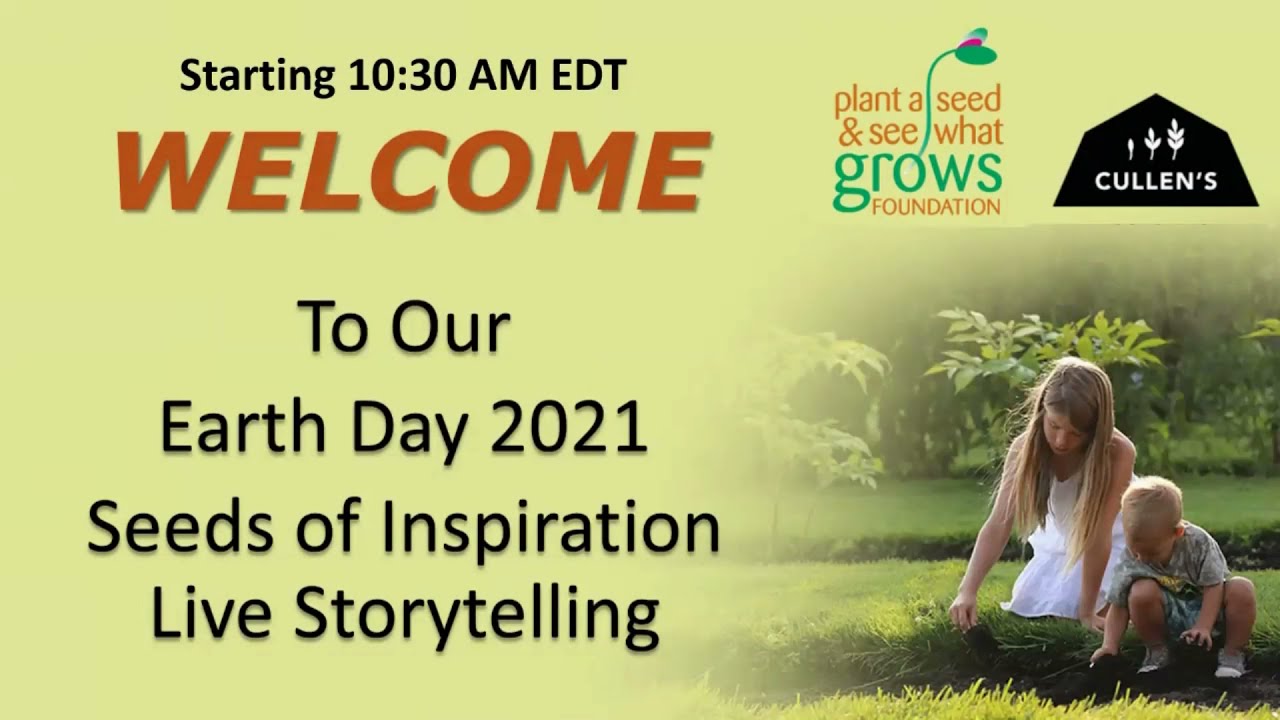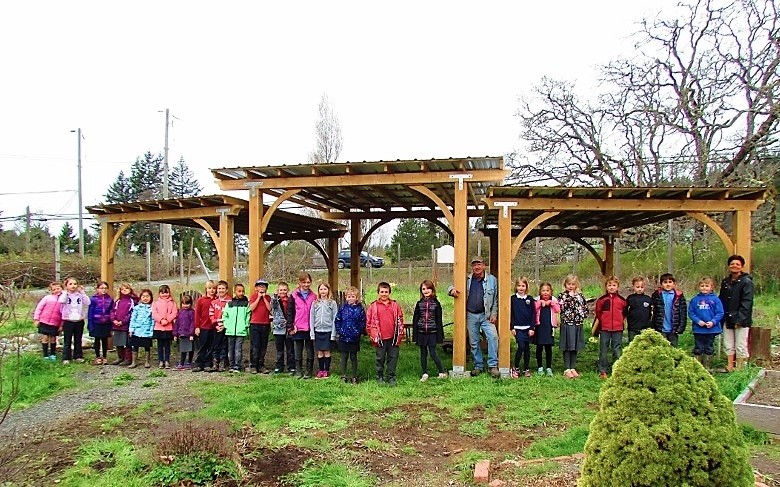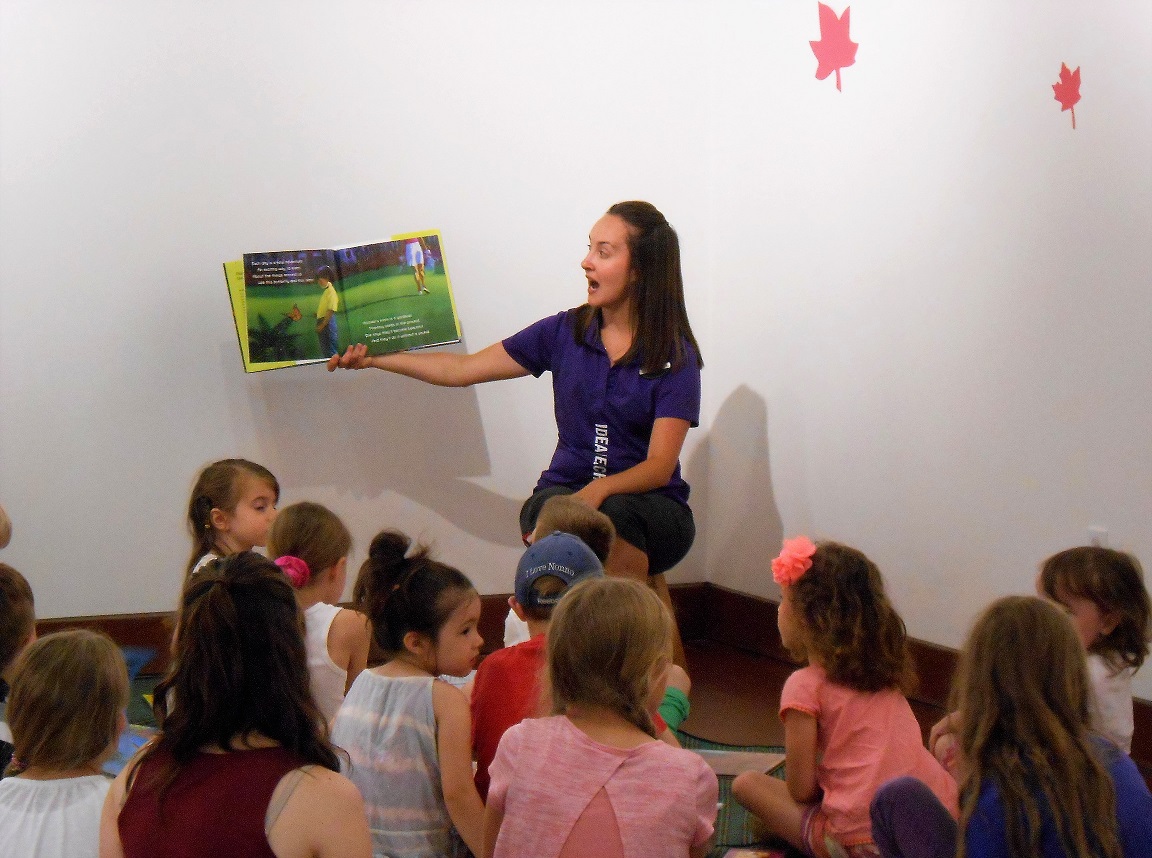Our update on the East Kensington School Garden, Surrey, BC
In partnership with the Surrey Schools Board, the East Kensington school garden is one of the four school gardens that the Foundation funded in the Surrey area. After it received funding last school year 2019-2020, the enthusiastic young students learned to collaborate, lead and adapt despite COVID-19 and reaped the benefits of experiential learning similar to its other neighbouring funded school gardens in Royal Heights Elementary and Fleetwood Park Secondary. We are pleased to share with you some of its project highlights here.
The school garden project
Eighty-four students from kindergarten to Grade 4 together with their respective teachers Alison Leslie, Cheryl Leclerc, Katy Messcu and Monika Stahlstrom, led the creation and maintenance of the garden.
The team divided the planters into produce and floral. Then, the intermediate students researched and planted the right seasonal produce for the fall-winter season and planted these in one of the garden beds. The primary students learned about early spring bulbs as well as wildflowers and the difference in planting methods.
A sub-group of students led the winter planting as well as planting indigenous medicinal plants in their medicine wheel garden relevant to their area. This spring, two other sub-groups of students will take over. They will create a pollinator garden and plant a spring produce garden in two of the other garden beds.
What Learning Objectives Were Met?
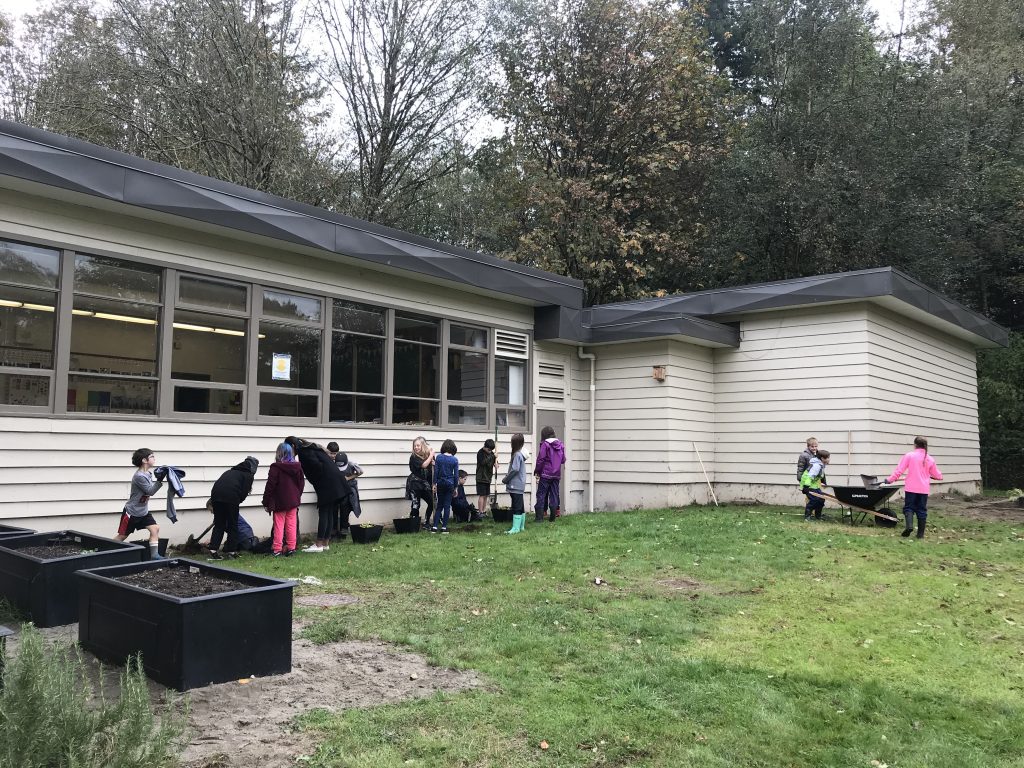
Grade Level: Kindergarten, Grade 1 & Grade 2
For these grade levels, the school garden project gave the young students the opportunity to see the differences between a produce garden and a flower garden. The kids were able to explore the interconnectedness of the two gardens within the ecosystem. The school’s neighbourhood also has honeybees which made it a perfect location for a pollinator garden. Creating the pollinator garden in close proximity to the vegetable garden, enabled the studentsre to see how the two type of gardens needed each other to flourish. The younger students learned about pollinators. They now know how to attract pollinators into a garden area.
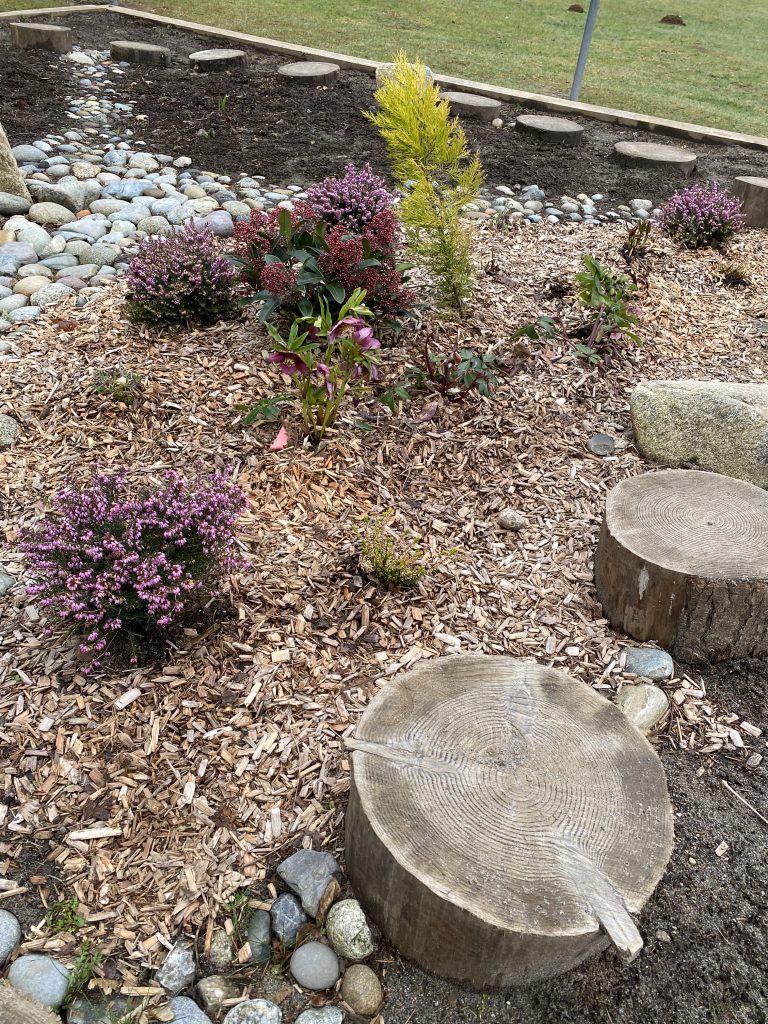
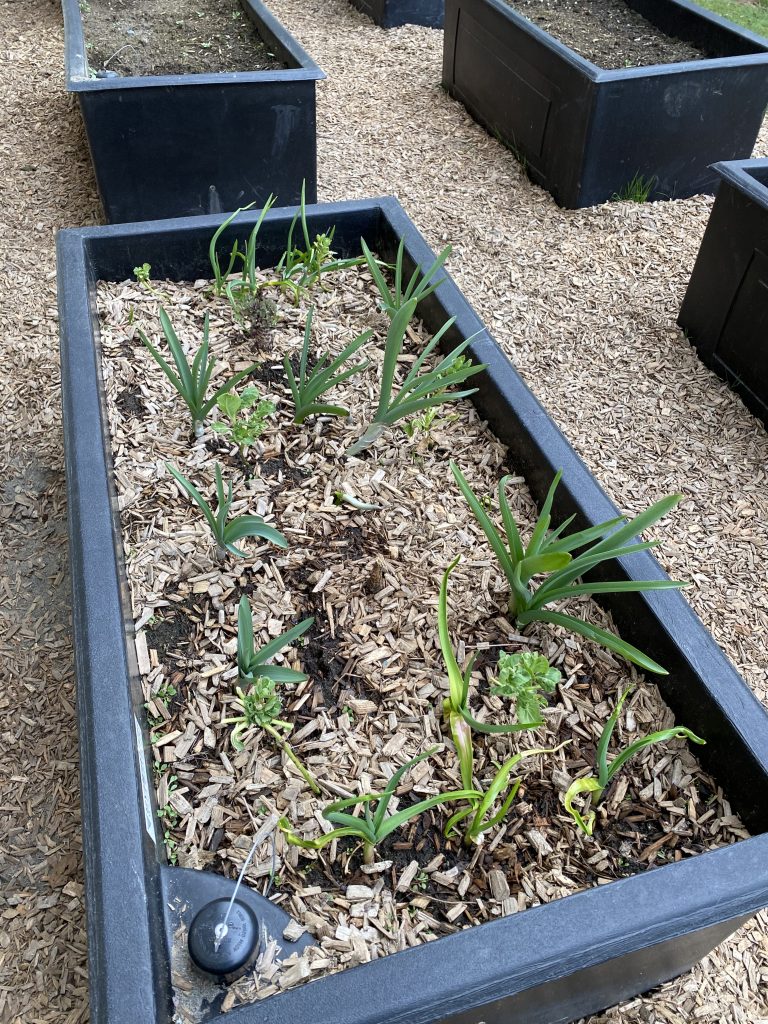
Caption: The flower (left) and produce (right) planter gardens at East Kensington School, Surrey, BC.
Grade Level 2 to 5
With an objective to build an understanding of seasonal garden knowledge and with the guidance of their teachers, East Kensington Grade 2/3 and 3, 4, 5 students, established a garden committee to research and execute their ideas and skills into the creation of a winter seasonal garden both with produce as well as local native plant species.
“I think the one unexpected objective that came out of this, was the forming of the garden committee. It was the students’ idea to create a panel of 6 leaders (3 from each class) to be the final spokesperson of what goes into the garden after everyone put their ideas in. They also came up with the idea of involving local farmers when we can have visitors on site.”
Despite the COVID-19 restrictions, the school garden team found a way to virtually collaborate with neighbouring A Rocha Farms about the various winter gardening ideas and techniques. From this initiative, they were able to harvest from the rosemary bush and gave some of it to families.
The Impact
The school garden has certainly sparked an appreciation and excitement for the seed-to-table experience in East Kensington Elementary. Alison Leslie, Acting Vice Principal of the school explained,
“Garden spaces allow for students, teachers, and the parent community to work together to create engaged and connected learning opportunities. By allowing the students to take their learning into their own hands, we are giving them the tools they need to care, nurture and connect with the living world.”
As research has shown, school gardens promote collaboration, teamwork, individual duties that contribute to success. It fosters pride, strengthens connections between school gardeners, teachers, staff, and the community at large. Many gardens involve community volunteers and other businesses that assist students as they plant, tend and learn. In this specific project, A Rocha Farm guided the young gardeners despite the ongoing pandemic. The participants demonstrated resilience and adaptability. This types of connections between young children, teachers and volunteers encourages growth in interpersonal and cooperative skills that will follow the children throughout their adult lives.[1]
Leslie added that, “The school garden funding is key to help local schools build and sustain a healthy outlook on where our food comes from, sustainability practices as well as community partnerships. It allows teachers and students to connect to a variety of cross-curricular concepts in a variety of meaningful and practical ways.”
The Foundation is proud to have been part of this project that fostered collaboration and nurtured young gardeners who will become healthy, connected, stewards of nature.
Thank you to the East Kensington school garden team, Surrey Schools and A Rocha Farms for making this garden a reality. Through this joint project, the school garden has sowed and reaped the benefits of a collaboration that nurtured student-gardener-leaders and strengthened the bonds of a community.
If you would like to help the Foundation build more school gardens across Canada and encourage teamwork for the common good, please donate here: https://seewhatgrows.org/donate/
For more information on school garden funding, please contact: info@seewhatgrows.org
For details on East Kensington’s Outdoor Learning program from Kindergarten to Grade 5, please click here: https://www.surreyschools.ca/programsandservices/choice/Pages/Outdoor%20School.aspx
[1] Lohr, V.I. and Pearson-Mims, C.H., “Children’s Active and Passive Interactions with Plants Influence Their Attitudes and Actions toward Trees and Gardening as Adults,” HortTechnology, July-September 2005, pgs. 472-476.
